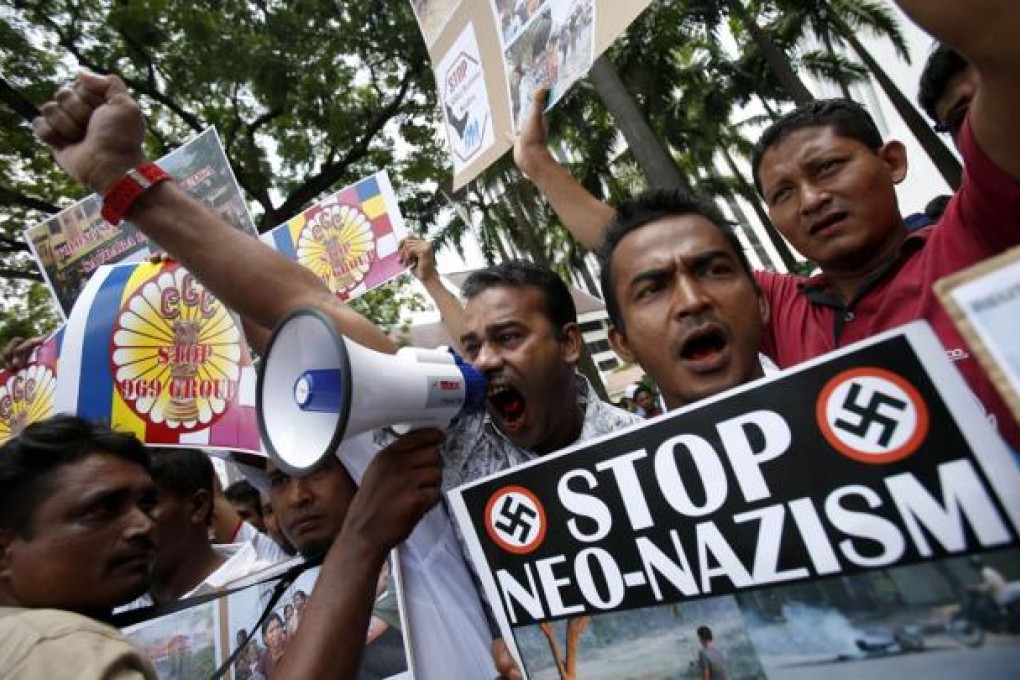Opinion | Worse to come in Myanmar's religious strife
Greg Torode warns that the incendiary religious and ethnic violence in Myanmar could get bloodier before stability takes hold

As the smoke clears above the rubble and bodies of Meikhtila after Myanmar's latest outbreak of Buddhist-Muslim violence, a nervous region is watching.
Myanmar is an ethnic and religious powder keg as its people emerge from under the jackboot of military rule. Any number of simmering internal conflicts have the potential to involve the wider region, risking further tensions within a troubled Association of Southeast Asian Nations or raising alarm in Beijing.
Last year, the long-neglected plight of stateless Rohingya Muslims in Rakhine state drew regional and international attention after deadly clashes with mobs of majority Buddhists left 180 people dead and 110,000 homeless, further crowding the grim camps across in Bangladesh. Not only did the violence raise the spectre of future tensions with Muslim-majority neighbours Indonesia and Malaysia, but it also drew the involvement of the Organisation of Islamic Co-operation.
In a little-noticed move at the weekend, the Islamic body launched a global centre to advocate Rohingya rights. With UN refugee officials describing the Rohingya as some of the most systemically persecuted people anywhere, the organisation's push looks set to be a long-term effort.
The violence at Meikhtila involved Muslims of other ethnicities and saw mobs of local Buddhist men, reportedly including monks, fan out across the central Myanmar town armed with swords, sticks and machetes.
Ethnic Chinese also fear they could find themselves trapped in the violence, a reflection in part of long-held worries after anti-Chinese riots in the 1960s and 1970s. Anecdotal evidence in recent years has pointed to considerable friction on the streets of Mandalay, which has become a jade and property trading hub for increasing numbers of Chinese from Yunnan , some on forged identity papers.
